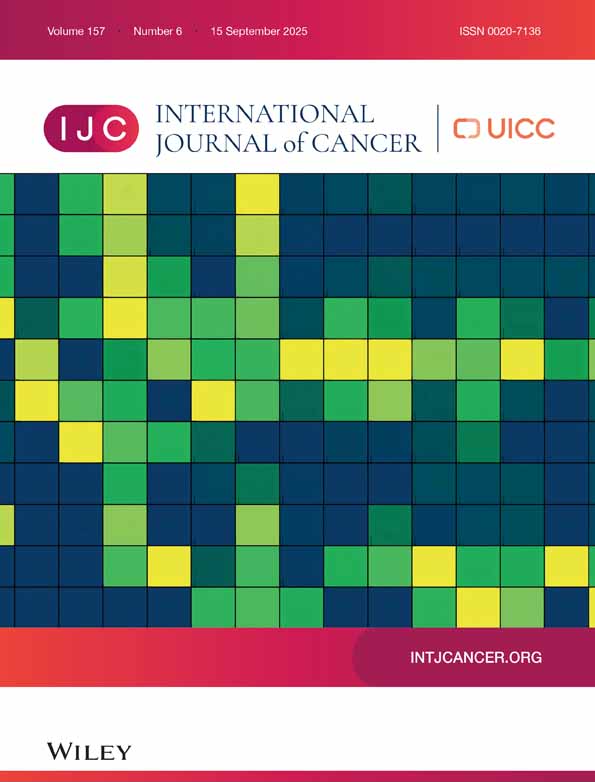NCAM and lung cancer
Abstract
The presence of the neural cell adhesion molecule, NCAM, is indicative for a poor prognosis in lung-cancer patients. Using MAb 735, we have investigated the expression of polysialic acid, PSA, on NCAM in a spectrum of neuro-endocrine lung tumors, ranging from the slowly growing typical carcinoids via the atypical carcinoids with clinically unpredictable behavior to the highly aggressive small-eel I lung carcinomas. Our immunohistochemical findings indicate a significant association between the presence of PSA on the tumor cells and an aggressive and immature sub-type of the tumor. This might be related to impairment of cell-cell and cell-matrix interactions by the presence of PSA, as we demonstrated in vitro, since detachment is one of the first steps in the metastatic process. The NCAM-MAb 123C3 used in these studies appeared extremely useful in immunoscintigraphy and immunotherapy of SCLC xenografts in nude mice, and for immunoscintigraphy of a SCLC patient. This may be explained by internalization of the 123C3 antibody, which we demonstrated in vitro. 123C3 is the only Cluster-1 SCLC MAb studied thus far that becomes internalized.




